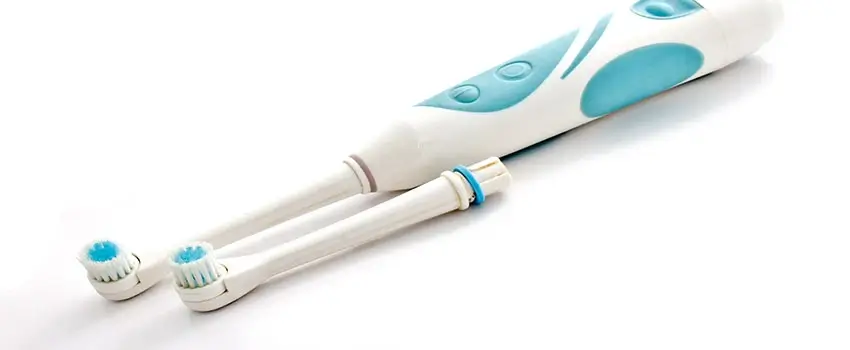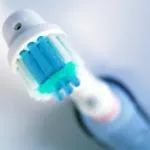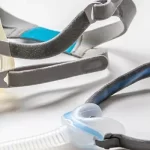There’s a new study out about electric toothbrushes from researchers at The University of Texas Health Science Center. You definitely need to hear about it!
As you know, one of the main reasons we brush and floss every day is to eliminate the plaque that attracts harmful bacteria. The inflammation, infections, and decay that can occur are all attributed to the presence of microorganisms that you don’t want in your mouth.
So, imagine the uproar after this recent study concluded that microbial counts in hollow-head electric toothbrushes were significantly higher than the microbial counts in solid-head electric toothbrushes!
In other words, if you’re using a hollow-head electric toothbrush, you could be transmitting a lot of unwanted bacteria into your mouth. The reason you’ll see so much more bacteria in hollow-head brushes is that there’s room for it to grow.
How the Study Worked
Researchers in the study had participants brush twice daily with one of three possible electric toothbrushes, randomly assigned, and then they flossed like normal.
The brush heads were exposed to five types of oral microorganisms:
- Anaerobes and facultative microorganisms
- Yeast and mold
- Oral streptococci and oral enterococci anaerobes
- Porphyromonas gingivalis
- Fusobacterium
After three weeks, the solid-head brush won handily in terms of a lower bacterial count.
What to Do About It
Fortunately, there are some solutions!
The most obvious positive step is to swap out that hollow-head electric toothbrush for a new solid-head toothbrush. This is one quick way to improve the situation.
Another improvement is to disinfect the toothbrush and let it dry between uses. If you get the right kind of toothbrush, you can even detach the head and soak it in mouthwash to remove that contamination.
And if you don’t currently use mouthwash as a rinse, it might be a good supplement to your oral health routine. That’s completely up to you, but mouthwash has the potential to kill off a lot of unwanted microorganisms, including any that might have been hiding in your hollow-head toothbrush.
If you have any questions about this important topic or want some product recommendations, don’t hesitate to reach out to us here at Delicate Dental. Good luck!
Making your teeth a work of art!
~Dr. Nancy Nguyen








